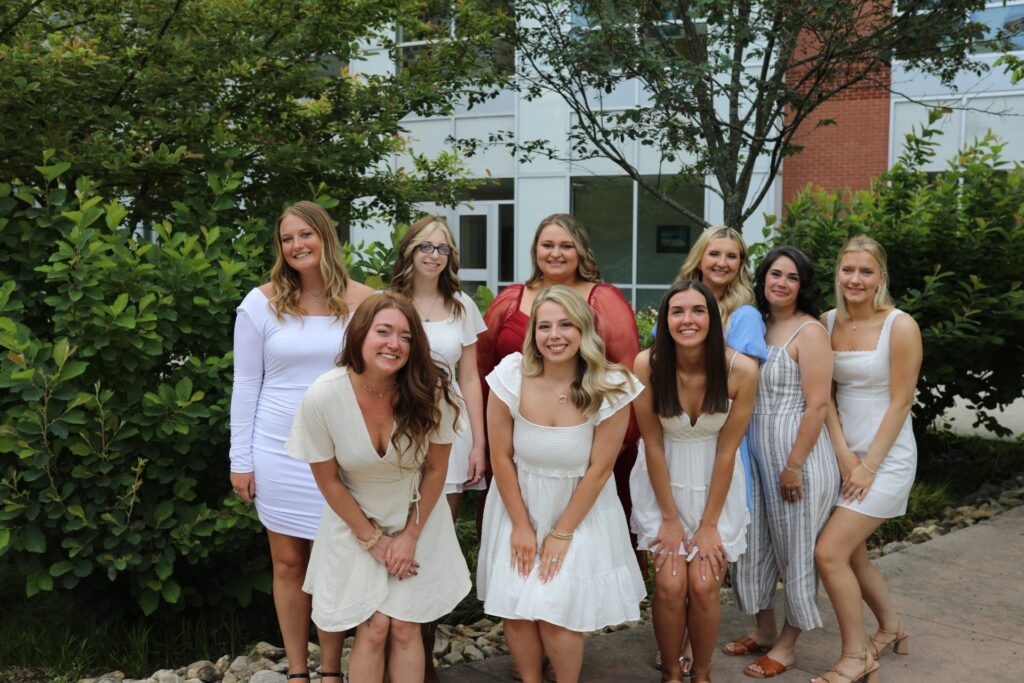Students in the 2024 graduating cohort of Virginia Western Community College’s Surgical Technology Program have achieved a 100% pass rate on first attempt for the Certified Surgical Technologist (CST) Examination.

The program transferred from Radford University Carilion to Virginia Western in 2022, and this is the first time since the transfer for a 100% pass rate on the CST exam. The Surgical Technology Program prepares students by combining the use of surgical instruments, skills and techniques with the theoretical knowledge required to perform as a surgical technologist in the operating room.
“This is the first graduating Surgical Technology class of Virginia Western Community College from start to finish, so it is very exciting that they also get to claim the 100% pass rate for their cohort,” said Morgan Boyd, program director for surgical technology.
The CST exam is offered by the National Board of Surgical Technology and Surgical Assisting (NBSTSA). To be eligible to take this exam, applicants must have graduated from a surgical technology program accredited by the Commission on Accreditation of Allied Health Education Programs (CAAHEP) or Accrediting Bureau of Health Education Schools (ABHES).
Virginia Western’s Surgical Technology Program is a CAAHEP-accredited program. As outlined in the CST Candidate Handbook, “the mission of the NBSTSA is to be the gold standard provider of professional certification of surgical technologists (CST) and surgical first assistants (CSFA), supporting continuing education, thus promoting superior patient care in the surgical setting.”
Part of Virginia Western students’ preparation takes place through the Surgical Technology Lab at Carilion Roanoke Community Hospital. This lab contains two mock operating rooms stocked with working OR beds, manikins, and a wide variety of equipment and supplies to provide students with a well-rounded lab experience to prepare them for clinical rotations.
Additionally, 100% of this cohort have obtained employment as certified surgical technologists working in various healthcare facilities in Roanoke, Salem, Lynchburg, Christiansburg, Blacksburg and Greensboro, N.C.
“This is not an easy field, but the reward certainly outweighs the sacrifice made to get through this program,” Boyd said. “As faculty, we particularly enjoy running into graduates at the clinical site to see how they have transformed from student to graduate to clinical preceptor working with our current students — it is certainly a full circle moment that makes us very proud.”





